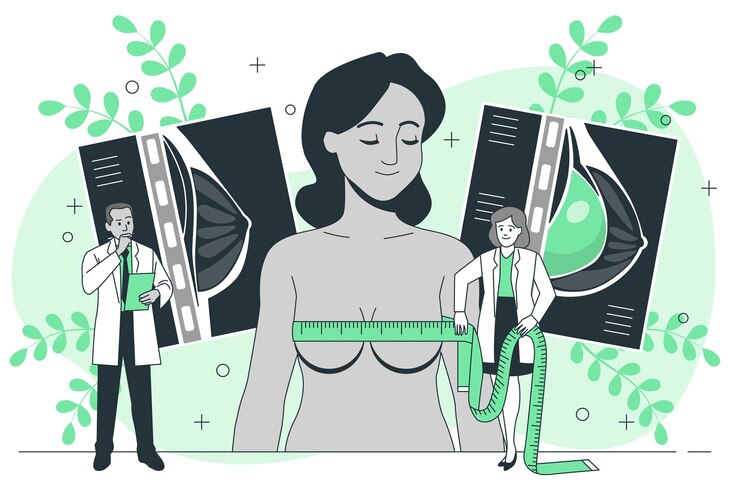Breast implants have become a popular choice for many individuals seeking to enhance their appearance or restore breast volume after weight loss or pregnancy. However, one common question that arises in discussions about breast augmentation is whether these implants need to be replaced over time. While advancements in implant technology have improved the durability and longevity of breast implants, various factors influence their lifespan and the necessity for replacement. In this article, we will explore the factors that determine whether breast implants need to be replaced, signs that indicate replacement may be necessary, and recommendations for ongoing care.
Lifespan of Breast Implants
Breast implants are not designed to last a lifetime. While some individuals may have their implants for many years without issues, it is generally recommended that implants be evaluated every 10-15 years. The average lifespan of breast implants can vary depending on the type of implant used, the surgical technique, and individual factors such as body type and lifestyle. Saline implants may be more prone to deflation, while silicone implants are known for their durability but can still develop complications over time.
Factors Influencing Implant Replacement
Several factors can influence whether breast implants need to be replaced:
- Implant Type – Saline Implants: These implants are filled with sterile saltwater and are more susceptible to deflation if there is a rupture. If a saline implant leaks, it will deflate, and the body will absorb the saline without harm. However, this necessitates surgical intervention to replace the implant.
– Silicone Implants: These implants contain a cohesive silicone gel that maintains its form even if the implant shell is compromised. However, silicone implants can still experience complications, such as rupture or leakage, which may not be immediately noticeable without imaging tests.
- Age of Implants – Over time, the materials used in breast implants can degrade or change, which may increase the risk of complications. Regular evaluations by a qualified plastic surgeon can help monitor the condition of the implants and determine if replacement is necessary.
- Changes in Body – Weight fluctuations, pregnancy, aging, and other factors can affect the appearance of breasts and how implants fit within the breast tissue. If significant changes occur, individuals may choose to replace their implants for cosmetic reasons.
- Complications or Symptoms – Signs that indicate a potential need for replacement include:
– Pain or discomfort: Persistent pain or discomfort in the breast area may signal complications such as capsular contracture, which occurs when scar tissue forms around the implant and can cause tightness or pain.
– Changes in Breast Shape or Size: If there are noticeable changes in the shape or size of the breasts, such as a sudden increase or decrease, this may indicate issues with the implants that require evaluation by a surgeon.
– Visible Irregularities: Any lumps, bumps, or asymmetry in the breast can be signs of complications that may necessitate further investigation and potentially replacement.
Recommendations for Ongoing Care
To ensure the longevity of breast implants and to address any potential issues promptly, individuals should follow these recommendations:
- Regular Check-ups: Schedule regular follow-up appointments with a qualified plastic surgeon to evaluate the condition of the implants and discuss any concerns.
- Imaging Tests: Consider routine imaging tests, such as MRI or ultrasound, particularly for silicone implants, to detect complications like ruptures that may not present obvious symptoms.
- Self-Examination: Regularly self-examine your breasts for any changes in shape, size, or sensation. If you notice any abnormalities, contact your surgeon for a professional evaluation.
- Educate Yourself: Stay informed about the latest recommendations and guidelines regarding breast implants. Understanding the potential risks and benefits can help you make informed decisions about your health and aesthetic goals.
Why should you consider getting your breast implants replaced?
Breast implant replacement is not uncommon. Many women choose to replace their implants, sometimes even before they’re worn out.
body changes over time that may impact the appearance of breast implants.
In summary, while breast implants are not designed to last a lifetime, knowing when and why to consider replacement is essential for maintaining both health and aesthetic satisfaction. Regular check-ups with a qualified surgeon, awareness of changes in your body, and understanding the types of implants you have can guide you in making informed decisions about your breast health. learn more here – https://www.puritybridge.co.uk/procedure/aesthetic-surgery/breast-implant-replacement/


